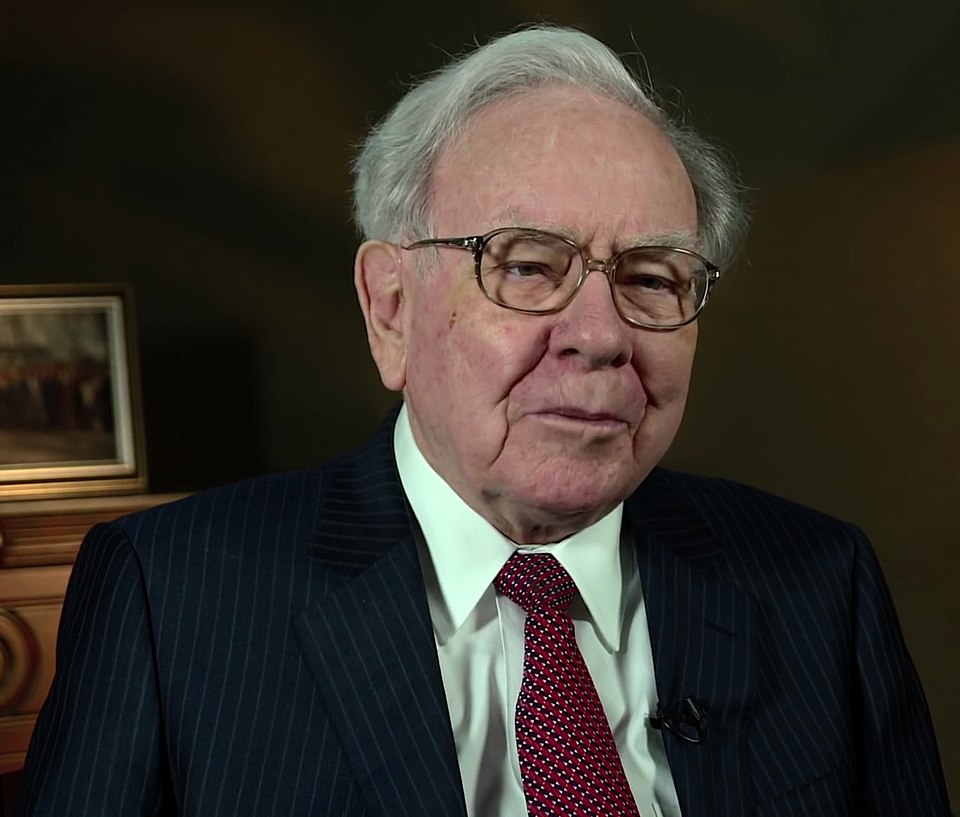
Warren Buffett is the sole member of the world's top 500 billionaires who hasn't seen a financial hit from President Donald Trump's aggressive tariff policies, which have rattled global markets
and wiped out hundreds of billions in personal wealth.
According to the latest Bloomberg Billionaires Index, 499 of the wealthiest individuals globally have suffered losses since Trump’s latest round of tariffs sparked a worldwide economic downturn. The total damage: $536 billion in net worth erased so far this year.
Among the hardest hit are Elon Musk, who has seen a staggering $130 billion drop in his fortune, and tech giants Jeff Bezos and Mark Zuckerberg, down $45.2 billion and $28.1 billion respectively. Despite their efforts to maintain close ties with Trump — including attending his inauguration — their companies have suffered heavy blows amid the ongoing trade war.
Buffett, however, has managed to increase his net worth by $12.7 billion in 2025, thanks to a series of strategic divestments. Over the past year, the 94-year-old CEO of Berkshire Hathaway sold off large stakes in companies like Bank of America, Apple, CitiGroup, and DaVita. He even liquidated ETF holdings he once publicly praised.
These moves swelled Berkshire Hathaway’s cash reserves to a record $325 billion — more than enough to acquire nearly any U.S. company outside the top 25. Buffett has since focused on overseas investments, notably in Japan, increasing stakes in five major trading houses: Itochu, Marubeni, Mitsubishi, Mitsui, and Sumitomo.
Meanwhile, Buffett has been quietly exiting the U.S. real estate market. Berkshire’s HomeServices of America, the fourth-largest brokerage in the country, is reportedly in talks to be acquired by Compass, the industry leader.
While Buffett has largely avoided political commentary throughout his career, he recently criticized Trump’s tariffs, calling them “an act of war, to some degree” during a CBS interview.
Despite growing market instability, Trump remains defiant. The S&P 500 has dropped nearly 20% since February, and oil prices have plummeted to a four-year low. On Monday, Trump escalated threats against China, promising an additional 50% tariff hike if Beijing doesn’t reverse its own 34% tariff on U.S. imports. He also vowed to cancel ongoing trade talks if China doesn't comply by April 8.
Musk, who has served as a close advisor to Trump and advocated for a “zero-tariff” policy between the U.S. and Europe, personally appealed to the president over the weekend — unsuccessfully — to ease restrictions. The fallout from the tariffs, combined with growing protests at Tesla and plummeting stock prices, has shaken even Musk’s empire. Tesla shares are down over 42% in 2025.
Other tech giants have fared similarly poorly. Meta's stock fell 14% over two days, contributing to Zuckerberg’s $27 billion loss. Bezos lost over $30 billion in a single weekend, and Amazon stock continues to slide.
Despite mounting pressure, Trump insists the tariffs are necessary to rebuild American manufacturing and secure better trade deals. “We’re not looking at pausing,” he said Monday. “We’re open to negotiations — if we can get a fair deal.”
Still, financial experts warn that Trump's unyielding stance may be pushing the global economy toward a deeper recession. Photo by USA International Trade Administration, Wikimedia commons.











































